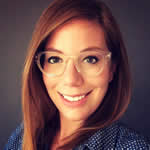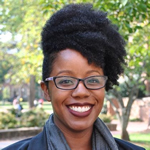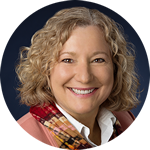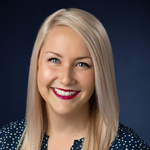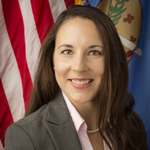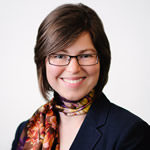


Sarah Copeland is Director, Desks and Patron Experience, University of Tennessee at Chattanooga. Chapel Cowden is a Health and Science Instruction Librarian, University of Tennessee at Chattanooga. Lu Gao is a postgraduate student at University at Albany (SUNY). Together, they’re presenting the session “Culturally Responsive Public Services” on May 4, 2:50 p.m. EDT. Their guest blog post follows.
Libraries strive to welcome all members of their communities, but many fall short of their desire to truly engage the diverse communities they serve. The work of diversity and inclusion requires deep and continuous engagement to move beyond token gestures of inclusivity.
You may be reading about this upcoming presentation and perhaps wondering, “Yes -- but how?” It can be overwhelming to consider all the work that’s needed to make our libraries inclusive spaces that welcome our diverse constituents. This presentation will focus on practical steps that you can take today to start building more inclusive public services.
Transformation starts with individuals, and one very important step that we encourage you to take is to start a reflective practice. For you to get the most out of the “Culturally Responsive Public Services” presentation, we invite participants to consider in advance how they would answer the following questions:
- What’s your cultural background? How would you describe your identity? In addition to race, ethnicity, and religion, consider other aspects of your identity. For example, are you a first-generation college student, working class, or belong to a group that has impacted your perspective on the world?
- Can you think of ways that your cultural background affects your approach to providing library public services? For example, does your cultural background help you identify with some patrons?
We’ll be taking a closer look at ways that individuals can lead departments toward deeper inclusiveness in our presentation “Culturally Responsive Public Services.” We welcome your questions and thoughts on these topics, which you may share prior to our session by replying to this post (login required).
